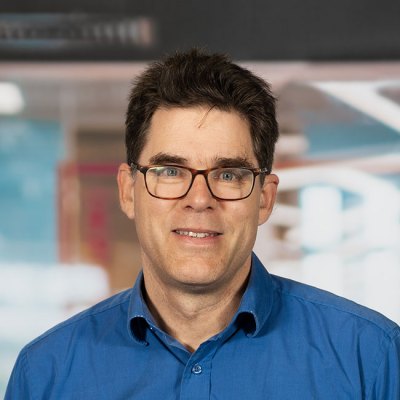The first company to deploy cost-effective genomic measurements in mainstream medicine will not only transform healthcare, but also create lasting, business value. Indeed, the desire to become truly clinical is the stated aim of many of the key players in the genomic industry from Illumina to PacBio – so why has no-one cracked it yet?
Genomics provides powerful information key to the diagnosis and management of a variety of diseases, from sub typing cancers to ending the diagnostic odyssey for suffers of rare diseases. It should be as ubiquitous as X-rays and blood tests, but, as is voiced loudly throughout the industry and at conferences such as the recent Festival of Genomics in London, it still is too expensive both in terms of cost per test and time.
As an example, the link between standard pathology, undertaken on virtually every biopsy, and spatial genomics seems particularly clear. Why wouldn’t you want to augment the structural properties of tissues and the morphology of cell types with information regarding the physical biological processes taking place?
Pathologists clear on living biology
There are many pathologists who are clear on the value that information regarding the ‘living biology’ of disease promises. They know it can open new chapters in practical clinical medicine. But while this is happening in research papers, it is proving slow to make the leap to the clinical mainstream.
The key to unlocking this is combining deep tech with a systems approach – bringing together the disciplines of biology and engineering. Deep tech, from digital microfluidics and photonics, can reduce reagent costs and increase throughput. Couple this with deployable AI and ML to produce actionable insights faster and you can now develop deployable and scalable solutions.
Although systems engineering is used across disciplines such as electronics and software – as well as fluidics and mechanical engineering – it is rarer to find it crossing the biology and physical sciences boundary. Electronics and software engineers speak the same language, they will have shared similar labs at college and are used to tackling requirements in the same ways.
Biology and engineering understanding
The trouble is that similar optimisation between biology and, for example, software engineering, is far less common. The way to achieve the system design needed for creating more efficient and cost-effective genomics is getting these disparate disciplines to learn each other’s languages. They need to develop the same levels of understanding that software and electronics share – or that biologists and chemists have.
This is the way to adjust chemistry to make sensor electronics simpler or to build extra complexity into software to make a particular form of biosensor suitable.
Here at CC, we’ve lived the nuances and difficulties of forming very different engineering teams that integrate and have a high level of empathy. This allows fast iteration and optimisation of complex systems than span the biological/physical systems divide.
As a cutting-edge, deep tech, physical sciences development company, CC has invested heavily in truly world class biology and molecular biology labs. More importantly, we’ve integrated and mixed teams of engineers and scientists.
Slowly, we have learned to speak the same language, allowing us to optimise and perform systems engineering across disparate disciplines. Engineers and biologists are interspersed throughout the building and within projects so they can apply systems engineering to complex engineering and biology problems.
It is this approach that is sparking exciting new conversations in the genomics and sequencing space. Learning a common language will very likely prove a vital step in putting genomics where it needs to be – at the frontline of the clinical space.





